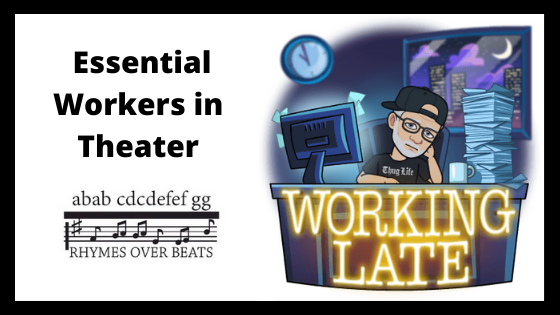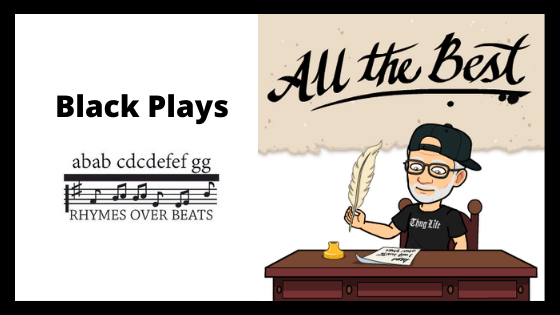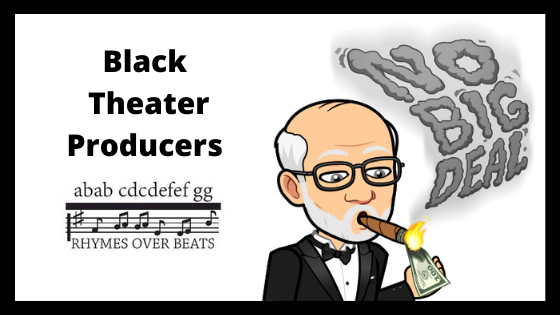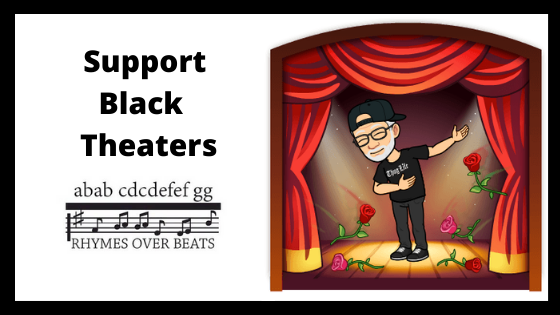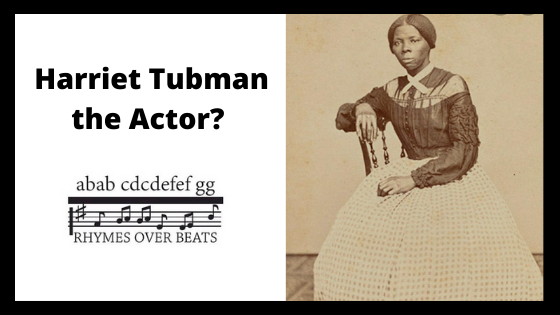
Harriet Tubman the Actor?
March: A Transition Month
I’m sorry I didn’t get to doing a blog last week. My schedule had more things on it than I had time to do, and I wanted to apologize .
As long as I remember I’ve always equated the idea of theater with spring. Maybe it is because spring is when the urban festival of Dionysius, where the contest between new Greek plays, took place every year. Maybe it’s because each new play is a new beginning as is spring.
March is the first month of spring. It is also woman’s history month.
Because this is the cusp between the ending of black history month and the beginning of woman’s history month, I want to talk about Harriet Tubman.
Harriet Tubman
Harriett Tubman was born into slavery probably in 1822 in Maryland. She escaped in 1849 and went to Philadelphia. She then joined the Underground Railroad and in thirteen missions helped free approximately seventy people. During the civil war she became a union army scout and spy. As the first woman to lead an armed expedition, her raid at Combahee Ferry freed more than seven hundred people. After the war she was active in the woman’s suffrage movement until her death in 1913.
You may be wondering what her life story has to do with theater.
Harriet Tubman’s story ties into theater at the most elemental level. You don’t function as a spy at the highest level, or rescue as many enslaved people as she did, without some serious acting chops. People’s lives depended upon her acting skills.
Actors are what make theater.
Women’s History Month
To celebrate black and women’s history month, I’d encourage everyone to see the 2019 biopic of her life (currently on Amazon Prime) and support her replacing Andrew Jackson on the twenty dollar bill.

